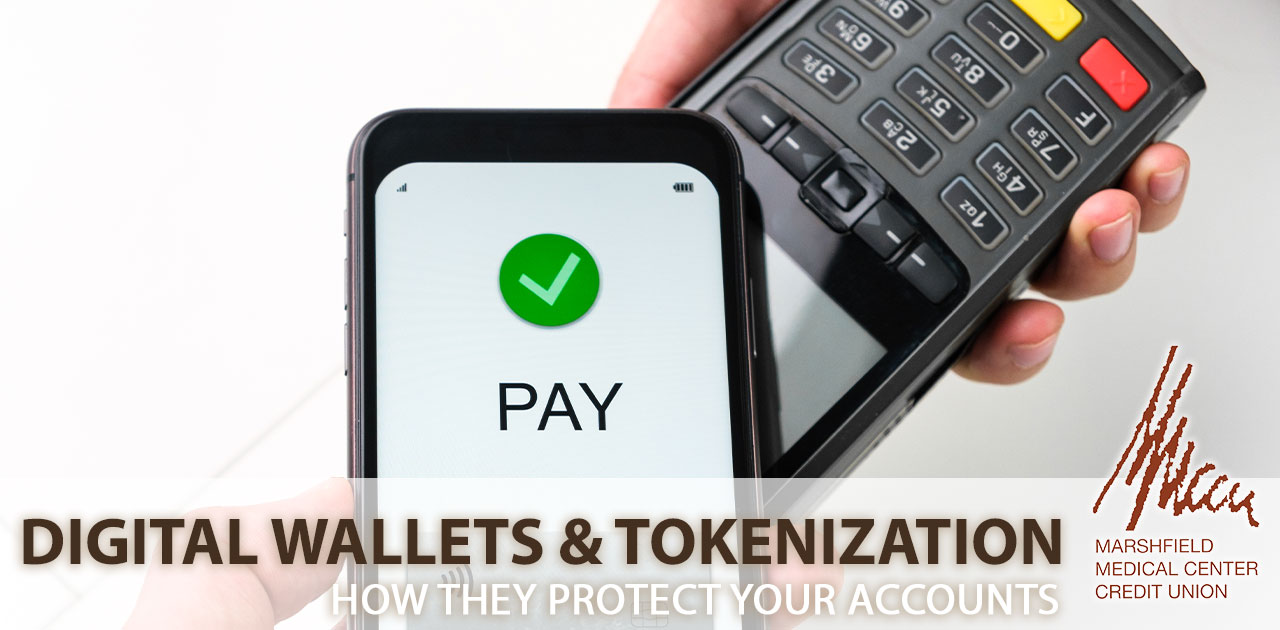A digital wallet is a software application that allows users to store and manage their digital assets, such as cryptocurrencies, loyalty points, and other digital tokens. These wallets typically use encryption and secure authentication methods to protect the user’s assets and transactions. Digital wallets can also be used to make purchases from online retailers and transfer funds between individuals.
Tokenization is the process of converting sensitive data, such as credit card numbers, into unique digital tokens that can be securely stored and transmitted over the internet. Tokenization helps to reduce the risk of data breaches and identity theft, as the sensitive information is no longer stored in its original form. Instead, the token is used as a surrogate for the original data, making it much more difficult for unauthorized individuals to access or steal the data.
“In the context of digital wallets, tokenization can be used to secure transactions by replacing sensitive data, such as credit card numbers, with unique digital tokens,” explained MMCCU President David Murphy. “These tokens can be securely stored in the digital wallet and used to complete transactions without the need to share sensitive information with merchants or other parties. This helps to protect the user’s financial information and reduce the risk of fraud or identity theft.”
How Tokenization Protects The Consumer
Tokenization can protect consumers by replacing sensitive data, such as credit card numbers or bank account details, with unique digital tokens that have no intrinsic value or meaning. These tokens are randomly generated and have no relationship to the original data, making them useless to anyone who tries to steal or access them without authorization.
“When a consumer makes a transaction using their digital wallet, the wallet uses tokenization to create a unique digital token that represents the consumer’s sensitive information,” said Murphy. “This token is sent to the merchant or payment processor instead of the actual sensitive data, and it is the token that is used to complete the transaction.”
Because the token has no intrinsic value or meaning, even if it is intercepted or stolen, it cannot be used to complete fraudulent transactions or gain access to the consumer’s sensitive information. The actual sensitive data is securely stored in the consumer’s digital wallet and can only be accessed with the consumer’s authorization.
In this way, tokenization helps to protect consumers from identity theft, credit card fraud, and other types of financial fraud by reducing the amount of sensitive information that is transmitted during transactions and replacing it with tokens that have no value outside of the transaction.
More Benefits of Digital Wallets
There are several benefits of using a digital wallet, including:
- Convenience: Digital wallets offer a quick and easy way to make payments without the need to carry cash or cards. Users can make payments with just a few taps on their smartphone or computer.
- Security: Digital wallets use encryption and secure authentication methods to protect users’ financial information and transactions. Additionally, tokenization can be used to further secure transactions by replacing sensitive data with unique digital tokens.
- Accessibility: Digital wallets can be accessed from anywhere with an internet connection, allowing users to make payments and manage their finances on the go.
- Cost savings: Some digital wallets offer rewards programs, discounts, or other incentives for using the wallet for payments, which can lead to cost savings for users.
- Integration with other services: Many digital wallets are integrated with other services, such as loyalty programs, coupon apps, and budgeting tools, which can help users manage their finances more efficiently.
- Environmentally friendly: Using a digital wallet can reduce the need for paper receipts and physical credit cards, which can help to reduce waste and carbon emissions.
Digital wallets offer a convenient and secure way to manage finances and make payments, with several additional benefits beyond traditional payment methods.
David Demonstrates how to use a digital wallet in this video from a couple of years ago:

